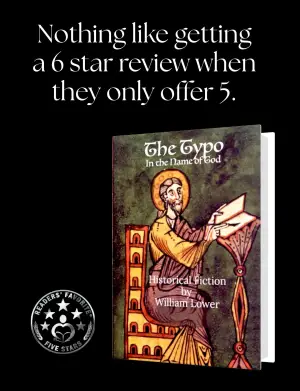I recently finished reading Ebby’s Journey by Charmaine Wilkerson, a national bestseller that captivated my heart and mind. As a lover of poignant family sagas and stories that explore the intersections of love, loss, and heritage, I was immediately drawn to the premise of this novel. The idea of piecing together the threads of a childhood tragedy connected to a cherished heirloom intrigued me deeply.
The story follows ten-year-old Ebby Freeman, who witnesses a violent event that forever alters her family and her life. The blending of past and present as Ebby struggles to comprehend her brother Baz’s tragic death—and the ancestral stoneware jar shattered that day—creates a powerful backdrop for her emotional journey. It’s a beautifully crafted narrative that dives into how the past informs our present and how legacies shape our identities.
One of the strongest aspects of the book is Wilkerson’s ability to evoke empathy through her characters. I felt deeply connected to Ebby, whose journey to France becomes both a physical and emotional escape. Her experiences reflect the complexity of navigating trauma while unearthing familial secrets. This aspect consistently drew me into the storyline, making me eager to turn the pages. Readers’ reviews also praised the emotional depth of the characters, which I wholeheartedly agree with; the richness of their lived experiences stayed with me even after I finished the novel.
However, I did notice some pacing issues that a few readers mentioned. Certain sections felt slower, particularly when delving into historical context, which sometimes interrupted the narrative flow. While I appreciated the research and detail, I found myself yearning for the plot to progress more quickly in parts. Nevertheless, these moments didn’t detract significantly from my overall enjoyment of the story.
Moreover, while the resolution was satisfying, a few plot points felt somewhat rushed, leaving me with lingering questions about certain character arcs. Some readers also expressed a desire for more background on supporting characters, which would have added layers to the narrative. Personally, I found myself wishing for deeper explorations of Ebby’s family dynamics, especially with her parents.
Overall, Wilkerson’s Ebby’s Journey is a beautifully imagined story that deftly intertwines love, loss, and legacy—echoing the concept that “sometimes the only way forward is to look back.” The novel encourages us to confront our past while moving toward our future, embodying a compelling and universal theme.
With its blend of engrossing storytelling and intricate character development, I would recommend this book to anyone seeking a thought-provoking experience that grapples with themes of inheritance and resilience. While it had its minor shortcomings, the emotional richness and historical context truly made this read worthwhile.
If you’re looking for a novel that balances heart-tugging moments with profound reflections on ancestry and identity, then I believe Ebby’s Journey could become a cherished addition to your reading list. I walked away from it not just informed but transformed, eager to reflect on my own family’s legacy as well.
“Discover the transformative journey in Good Dirt: A Novel.” >>








